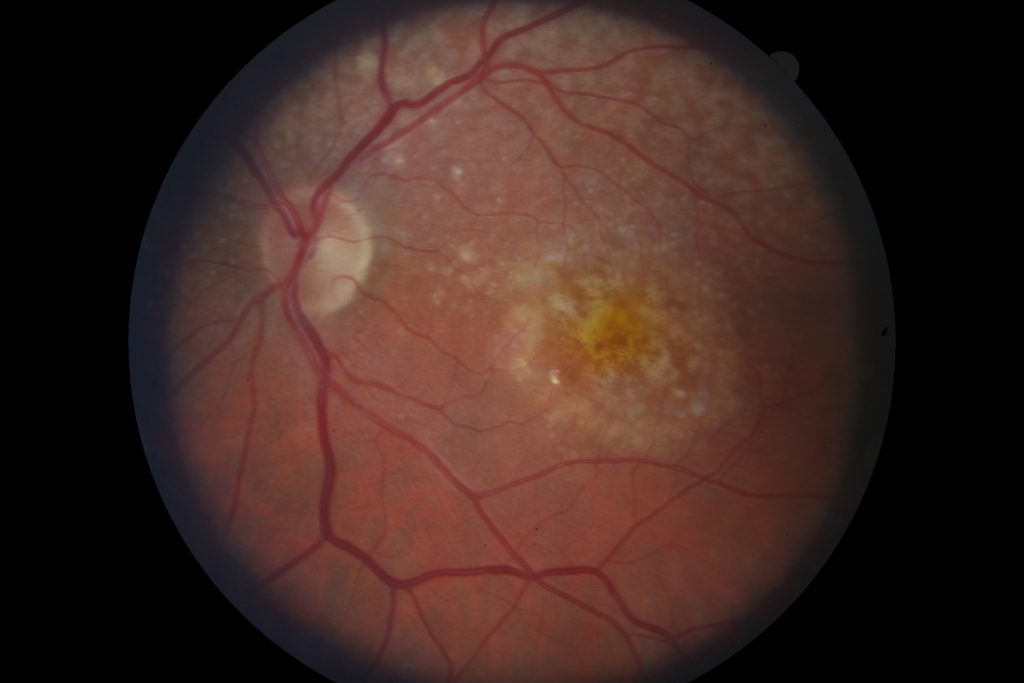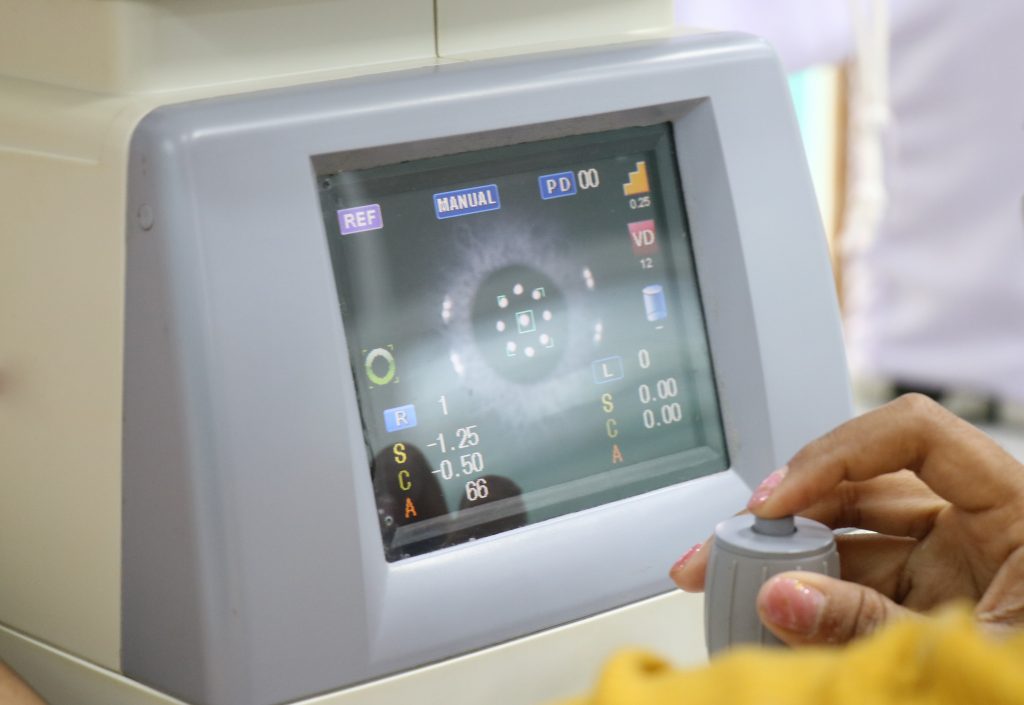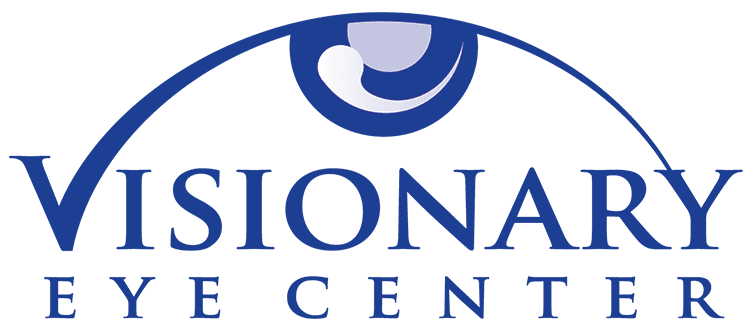SHOP DRY EYE CARE TODAY!
Use code VISIONARYEYE20 at checkout for 20% off!
Age-related vision issues can affect anyone over time, and may not be apparent right away. Even if you haven’t experienced vision issues during your life, some conditions can begin to surface when you’re 40 or older. At Visionary Eye Center, our Reno optometrist recommends the following tips to preserve your eye health:
After you turn 40, it’s important to receive an eye exam every year. This helps to record and track any changes that may affect your vision. If you are experiencing any of the following symptoms, we recommend consulting an optometrist to mitigate risks and provide treatment where necessary:

Like it or not, you become more susceptible to vision issues as you age, and some can be debilitating. From dry eyes, to cataracts, to macular degeneration, an experienced eye doctor can diagnose and produce a treatment plan to suit you.
Dry eye is more debilitating as you age. While it may seem common in Northern Nevada thanks to our dry climate, there may be other factors contributing to the symptoms of burning, redness and tearing. As many as 3 million women and 1.7 million men over 50 in our country are affected by the syndrome.
How does dry eye occur? Tear film dysfunction has many causes, including computer use, contact lens wear, makeup, hormone changes associated with aging and autoimmune disorders, which further increase the risk of corneal scars or infections.
Optometrists also see numerous patients with cataracts, the leading cause of blindness in the world. Cataract symptoms include a decrease in visual clarity, foggy vision, glare, and halos of light. Cataract surgery is a simple outpatient surgery and the artificial lenses placed during it will last for the rest of your lifetime.

Retinal scan of dry macular degeneration
Lastly, macular degeneration is the primary culprit for blindness in adults over 50. While these patients never go completely blind from the condition alone, it certainly devastates their independence. There are two versions of macular degeneration: wet and dry. At Visionary Eye Care Center, we diagnose and manage both conditions with help from our local retinal specialists.
It turns out the advice of “don’t stare too long at the TV” is still true, thanks to our phones and other electronic devices. Recent studies show that we blink less than half as often when looking at a screen, which can lead to dryness and eye fatigue.
Our Reno family eye care experts suggest that everyone, at any age, should practice the 20-20-20 rule when using a screen. Just looking at something 20 feet away, for 20 seconds, every 20 minutes, will help reduce the dryness and eye strain of computer vision syndrome.
Using proper eye protection outdoors is also important. UV rays are harsh on your eyes in the long term. Sunglasses work wonders to protect your eyes from the elements and reduce your risks of cataracts, pterygia and macular degeneration.
Lastly, a balanced diet that is rich in Omega-3s, Vitamins C and E, and zinc, can help combat age-related eye disease. These supplements are often used to combat the effects of dry eye and slow the progression of dry macular degeneration.

All in all, simple changes to your lifestyle and new habits will help prolong your eye health. If you’re experiencing changes in your vision or have questions about how to protect your eyes, make an appointment at our Reno optometrist office today.
 775.827.1100info@visionaryeyecenter.com8175 South Virginia Street Suite B-900
775.827.1100info@visionaryeyecenter.com8175 South Virginia Street Suite B-900